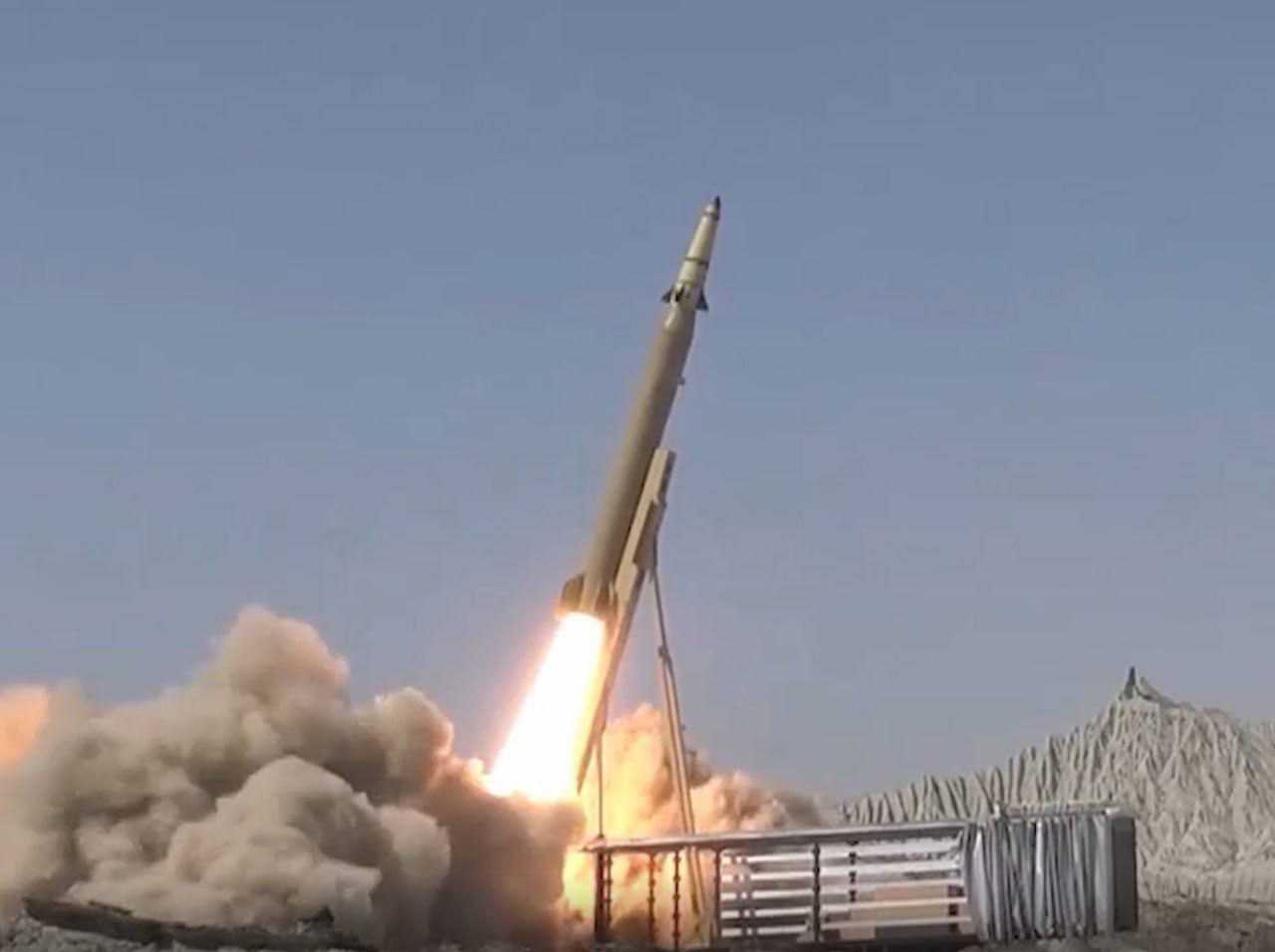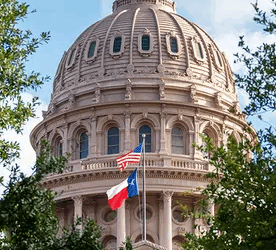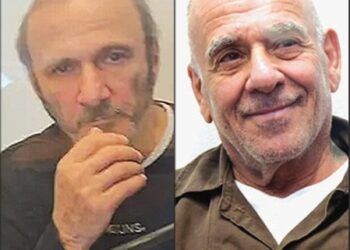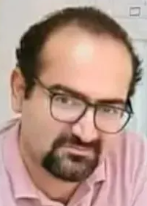October 14, 2022

A human rights group is using the old Paykan car that the Shah gave to Romania’s dictator to publicize the cause of human rights in Iran.
In 1974, the Shah gave a Paykan to Romanian President Nicolae Ceausescu during a state visit. After Ceausescu was killed in 1991 as part of the overthrow of communist regimes in Eastern Europe, the Paykan was locked away. But earlier this year, Romania put the vehicle up for auction.
It was expected to go to some collector for about 10,000 euros. But instead, it was sold for a whopping 95,000 euros. The buyer was not named, but the half-century-old boxy car has now ended up with an organization called PaykanArtCar, which plans to choose an activist artist to repaint it annually to call attention to repressed communities in Iran.
A nonprofit based in Florida, PaykanArtCar is run by Mark Wallace, an ambassador-level representative to the United Nations under President George W. Bush. Wallace, a longtime figure in Republican politics, is also the head of United Against Nuclear Iran, the major US group pressing for tough sanctions on Iran.
The repainted car was unveiled October 4 at the Human Rights Foundation’s Oslo Freedom Forum in Miami.
This year’s artist is Alireza Shojaian, a self-identified gay who lives in exile in Paris, where he was granted asylum in 2019.
The painting style that Shojaian used on the Paykan recalls the Shahnameh. It is inspired specifically by the tale of Rostam, a father who kills his own son. Some panels depict the Iranian athlete Navid Afkari, who was arrested in 2018 during anti-government protests and executed by the state two years later. Others are inspired by Ali Fazeli Monfared, a 20-year-old gay man who was reportedly beheaded by family members when his sexuality was discovered.
The Paykan was originally the British car Hillman Hunter assembled from kits sent to Tehran from England. The Paykan was the first car assembled in Iran, starting in 1967. It was finally scrapped in 2015. It was simultaneously rated as unsafe and iconic and is missed by many today in Iran.
























